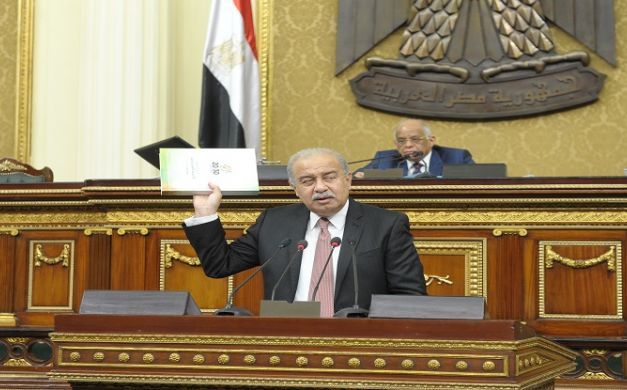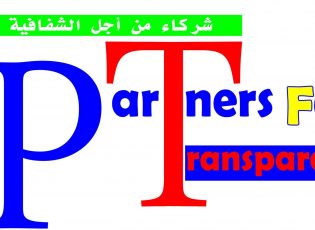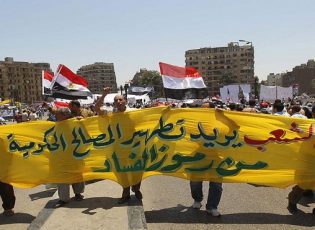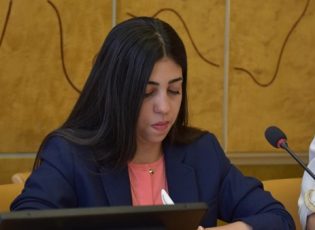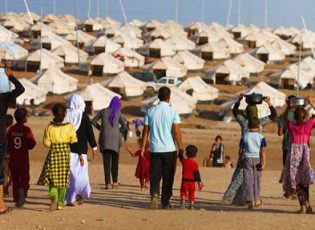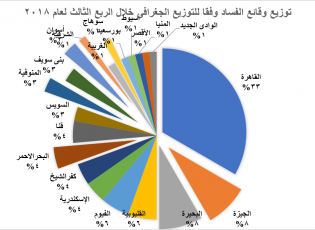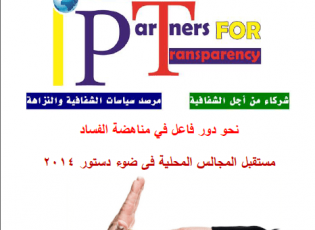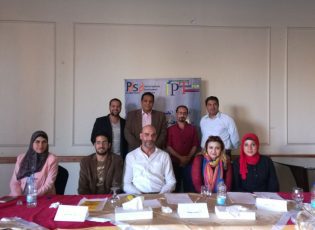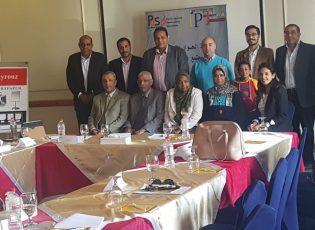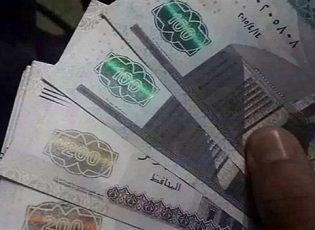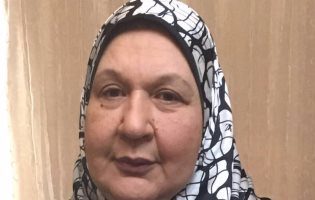After the recent crisis with the opening of the case “173 foreign funding” again and accusing a number of human rights organizations of receiving foreign funding from unknown parties and investigating its founders, the case brought back to mind what civil and civil organizations faced during the last period of narrowing and restricting their work, the most prominent of which was the prevention of human rights activists from traveling And the investigation with some of them, which is what made civil society in siege, needs solutions to get out of its crisis.
Narrowing
A number of human rights defenders faced a travel ban, the most prominent of which was the human rights defender, Gamal Eid, president of the Arabic Network for Human Rights Information, when he was prevented while on his way to a business trip while he was at the airport without giving any reasons, while Eid told Masrawy that the reason, as was reported to him, was his accusation in the case of no He himself knows something about it, and the poet Omar Hadeq was prevented from traveling by the airport authorities while on his way to receive the Freedom of Expression award from the "Book Without Borders" festival in the Netherlands after his release from prison, and the human rights activist, Mohamed Lotfi, Director of the Egyptian Commission for Rights and Freedoms was also prevented from traveling To Germany to deliver a speech before the German Parliament, which was referred at the time to being one of the voices of the opposition. Hossam Bahgat, founder of the Egyptian Initiative for Personal Rights, was also banned from traveling
While a number of other human rights defenders were subjected to investigation because of their human rights activities, Najad al-Burai, founder of the United Group, was investigated after he drafted a bill against torture, in addition to announcing the names of accused human rights organizations in Case 173, among them was Muzn Hasan, founder of Nazra Center for Feminist Studies. , Which confirmed after investigation that the center has been working in the light since its inception and in full view of everyone and does not receive any money that the state is not aware of.
The matter was not limited to independent organizations only, but the National Council for Human Rights received some restrictions represented in its visits to prisons, which were always prior notification to the prison sector, despite numerous requests from the Council to make the visits surprising so that it could ascertain what was being raised about torture inside prisons, in addition to its requests. By enabling him to visit cells, which was also forbidden in his previous visits, about which Council member Kamal Abbas said that the decision to prevent them in one of the visits came "to avoid provoking the prisoners."
International rejection
In a letter to US Secretary of State John Kerry, he said that he is concerned about the human rights situation in Egypt, especially after the Egyptian government opened the file of non-governmental human rights organizations, stressing that the investigation into this case again is in order to intimidate the political opposition, human rights activists and journalists, demanding the government In cooperation with these organizations in order to serve human rights, to allow these organizations to operate freely and to ease restrictions on them.
While the German Foreign Ministry spokesman said that his country is following with concern the recent travel ban decisions, as well as freezing accounts and restrictions on human rights defenders and organizations in Egypt, pointing out that what is happening is inconsistent with the articles of the Egyptian constitution, not just international standards.
Exit from the crisis
In light of these obstacles, civil society is in need of solutions to help it get out of the crisis, and for this to work, there must be cooperation between these organizations and the state, according to the jurists.
In his article, Hafez Abu Saada, a member of the National Council for Human Rights, says that the real problem faced by civil society is the law regulating the work of organizations and it needs to be amended and the most important provisions in it are the necessity for the registration of organizations to be by notification to encourage individuals to establish associations that help support Human rights, as well as removing restrictions on civil work and preventing interference in its affairs, as well as providing sources for financing these organizations internally or externally.
Mohamed Zaree, head of the Arab Organization for Penal Reform, said that the situation in Egypt has worsened, and the state has two options. Either it takes a decision to improve the situation or it remains as it is and lives like many countries that do not care about human rights.
He added to Masrawy that the only solution is in the hands of the government as it is responsible for what happens, and the problem is not in civil society, but in the country that has promised a lot to better position civil organizations and did not implement its promise, pointing out that the state also does not want a civil society, regardless of the need for a law Good for organizations, and considering the recommendations of the Universal Periodic Review regarding human rights and the protection of activists, but all of this will only help with an intention to achieve a better situation for civil society.
Zaree cited Law 84 that organizes associations, which states that the Ministry of Social Solidarity is the supervisor of NGOs, saying that this does not happen, and in fact there are security agencies that supervise the work of these organizations, not the ministry.
Walaa Jad al-Karim, director of the Partners Foundation for Transparency, said that the government should not give the opportunity to employ the human rights file in political issues, and that the solutions to the crisis lie in opening the public space for freedoms, amending the civil work law, and stopping negative practices against civil society.
"We are not satisfied with the government's action against civil society, and all human rights organizations have reservations about the human rights situation," he added to Masrawy.Masrawy
Short link: https://pfort.org/en/?p=894

